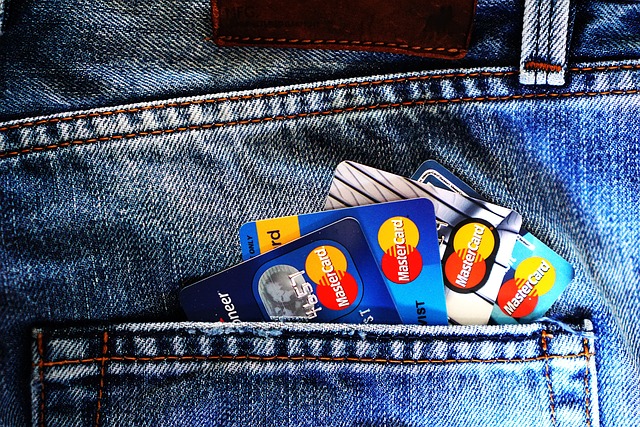How To Improve Your Credit During The Cost Of Living Crisis
Last year was another year of increased pressure on households, with inflated prices and a rise in interest rates. In addition to your available budget being squeezed by the cost of living crisis, the cost to borrow also increased meaning if you were looking for a loan, get mortgage approval or get a credit card, you will have had to pay a higher rate of interest.
This could be the year that you take those all-important steps to get your credit rating on track and make borrowing a more affordable option in getting the financial assistance you need. Having a higher credit score ultimately means you will be better suited for lenders and credit card companies to grant approval to your application and offer you a less expensive rate.
So, if you are looking to improve your credit as part of your financial plan for 2023, take a look through our guide below for options that could help you out. The sooner you get started, the sooner you will reap the rewards – from more competitive finance deals, to finding it easier to buy a house.
Automatic Repayments
Many people find their credit rating damaged when they fall behind on payments on personal loans, installment loans or credit card payments. A simple method for staying on top of your payments is to set up automatic repayments.
By automating your bills through your bank or through a number of personal finance apps that have been developed, you can streamline repaying your debts. Simplifying your finances, it will allow you to have peace of mind that you won’t miss any bills, and can instead concentrate your efforts on getting good credit elsewhere.
Of course, it is important to have plenty of funds available in your accounts to meet the repayments – we suggest scheduling any payments to fall just after your payday in case anything should happen and prevent falling into an overdraft. If you can manage, try to pay more than the minimum requirement for your debts in order to pay off your balance more quickly.
Space Out Any Credit Applications
It is important not to make multiple credit applications at one time. As your applications appear on your credit report, if you have many applications within a short timeframe it is likely that banks or lenders will believe you are desperate for funds or deem you an at-risk borrower.
If you need to take out a loan, it is important to have confidence that you will be approved. There are tools available to check whether you are eligible for certain credit and this could help before you apply. Many of these applications use a soft search approach, meaning that it will not impact on your credit rating and won’t appear on your credit file.
Protect Yourself From Fraud
It is often easy for us to grow lazy when it comes to password creation, but when it comes to your finances it is important to take this personal information seriously. Unfortunately, your credit score can be negatively impacted if you fall victim to fraud.
We recommend taking a smart approach to keeping your personal data safe from hackers. Make sure to only make payments on personal Wi-Fi networks, and find a safe way of creating and storing new, ideally complex, passwords.
Leave Old Credit Card Accounts Open
Should you be in possession of an old credit card account that has a good payment record, even if you do not use it anymore, it could be sensible to keep this account open to boost your credit rating. In doing so, you keep a higher credit limit available against any outstanding balances you have, which is more appealing to any lenders you might wish to apply to in the future.
Closing the account could be sensible in some instances, however. If there is an annual fee that is no longer affordable, or if there is a temptation to spend more with access to the open account is too much.

